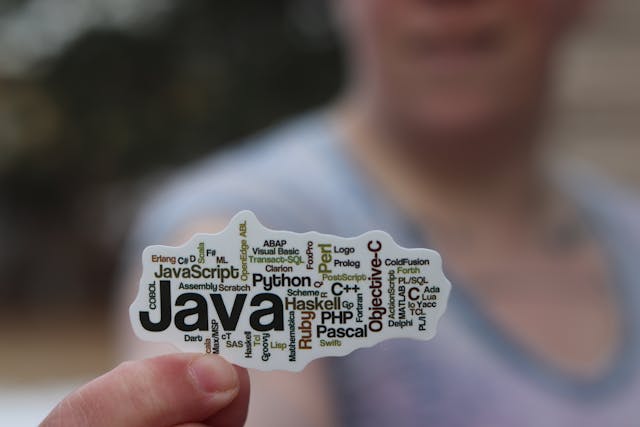Choosing the Proper Framework for your App: Flutter vs React Native
There are many frameworks to select from, but Flutter and react-native are two frameworks ruling today’s market. These two frameworks indeed have their pros and cons, but also, the two are exceptional because it is challenging to know which to choose from when one wants to select a framework that best suits one’s application’s idea. And I am here to help developers and business owners make wise decisions when it is time to choose. Here is a list of benefits each framework offers that help you to select between flutter vs react native.
Table of Contents
1. Productivity of Flutter vs. React Native
The two frameworks are pretty straightforward when it comes to coding. They support hot reload options. But in terms of configuration and installation, they are rather different. This difference lies in the differences in productivity. Using these features below, one can rate the two frameworks’ precise productivity.
2. Reloading support
This option allows the application developer or development company to make swift changes when changes need to be made. These changes are made in the backend and also in the code. React native supports this; just the way flutter also supports it. This, in return, enhances the developer’s efficiency.
3. Configuration and installation
Both Flutter and ReactNaive are relatively easy to install and configure. Yet, there are differences in the process. Flutter has a more advanced software development kit. As a result, the installation is different from the ones most developers are used to. And react-native installation is simple and straightforward since you are getting a package of all you need for the development.
4. Code structuring
For the code layout, Flutter makes use of the Dart programming language. This programming language is good enough to customize the UI layout of the application. Flutter also allows developers to come up with widgets, forms, and easily reusable structures. Hire react native developers can easily differentiate the code and forms into different categories, depending on how much the application development is in demand.
5. Popularity of flutter vs. react native.
Google trends record that a higher percentage of developers are much more interested in react-native for Web development than Flutter. For the development trends of cross platforms applications, the popularity of the two frameworks is similar. It is because both of them are still young and also have independent, massive community support. They are both commonly used in the community equally. But because react-native was officially launched in 2015 while Flutter was established in 2017, react-native has a relatively larger user base and community. Google supports Flutter, so flutter might out beat the competition soon.
6. Programming language of flutter vs react native
React Native is based on JavaScript, while Flutter is based on Dart that Google chose. This different basis of both frameworks is responsible for the higher familiarisation of developers with react-native to flutter. It is essential to know and understand the proficiency and level of expertise a newly hired mobile application developer is in any programming language. Most developers have a higher ability in JavaScript. So this makes react-native a more preferable software development language or framework.
Dart, the programming language used by Flutter, is considered an object-oriented programming language. Javascript is commonly known as the default language of every browser, making it hold high importance in modern application development. Therefore, most application development companies will prefer to hire a react native developer or focus more on react native than Flutter.
Conclusion
React native vs flutter are used for similar tasks but still have significant differences. Their considerable similarity is that they are both used for cross-platform development and provisioning of similar experiences.
Google developed Flutter as a UI cross-platform framework, and it has grown over the years. Flutter’s main selling point is that it uses just a single codebase to create cross-platform applications. On the other hand, React Native is a cross-platform that Facebook founded. Its codebase is written in Javascript. In case you are considering learning the framework from scratch (without any technical background), Flutter might seem to be easier.
This implies that you do not know Javascript; you cannot be a react native developer. Depending on what you want and what you want to achieve, you can choose the suitable one. Above are the necessary factors that will aid one in making the right choice.









